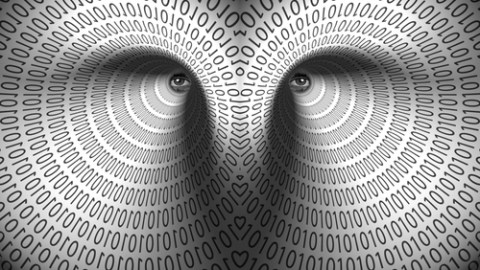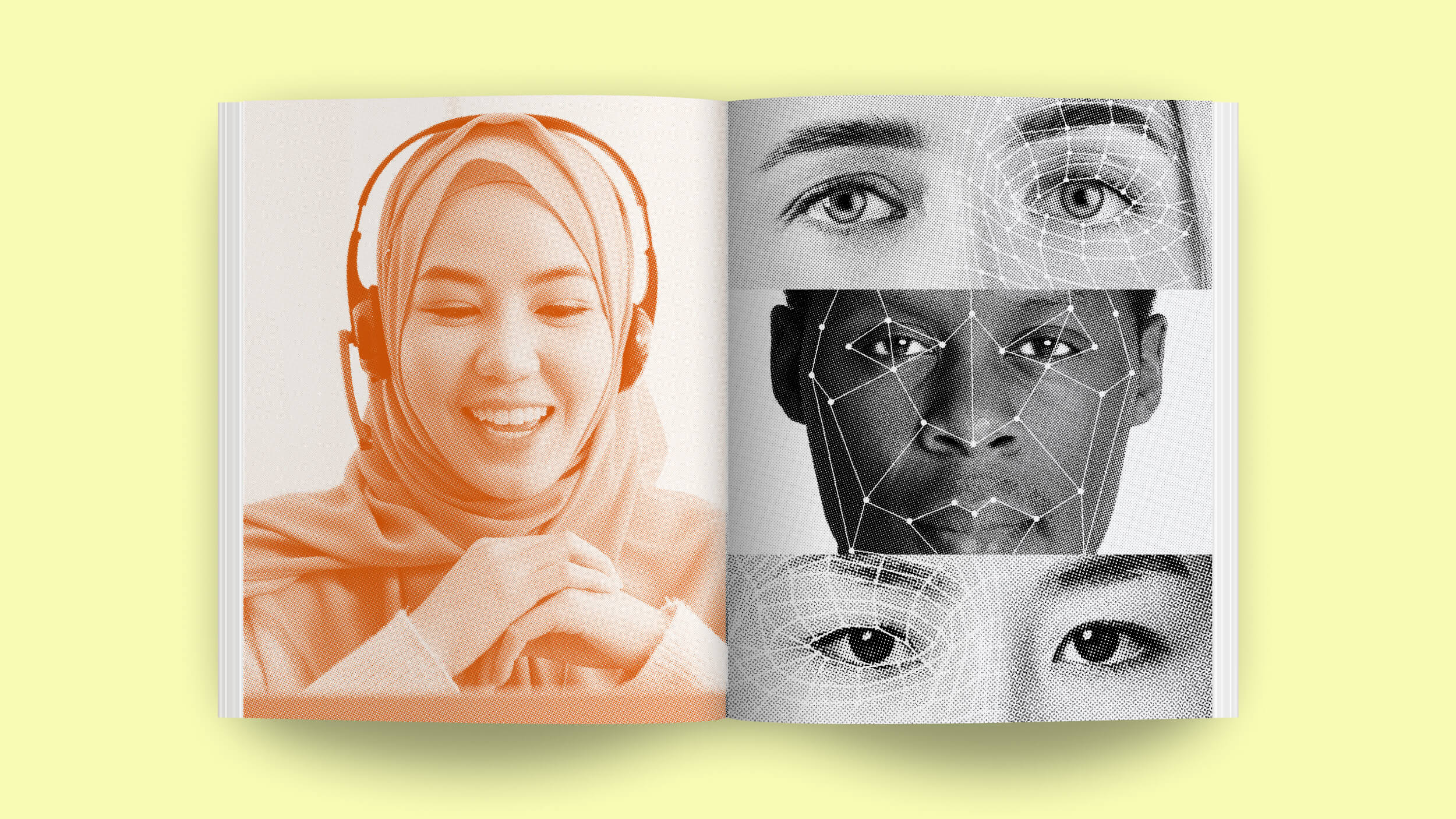Big Data is Watching You

This post was originally published in November, 2012, and updated on June 10, 2013.
What’s the Big Idea?
The idea that surveillance is the guiding principle of modern social organization was first proposed by the French theorist Michel Foucault in his 1975 book Discipline and Punish. While we tend to look at torture as barbaric, Foucault demonstrated how that manner of discipline faithfully followed the pre-modern logic of controlling a subject’s body. Today, we simply have a more sophisticated method of discipline – controlling a subject’s mind.
Foucault uses the metaphor of the panopticon — a surveillance tower that was placed in prisons in the late eighteenth century — to demonstrate how in our “carceral culture” order is maintained by people believing that they may be under surveillance at any moment. Like a prisoner, you cannot tell if the guard is looking at you directly. He has what is termed “invisible omniscience.” So you must assume he is watching you. Your brain does the rest of the work.
While Foucault’s idea may have seemed radical in the 1970s, today it seems rather commonplace, given the level of surveillance that a 21st century state is capable of, and given the kind of surveillance that we know is being practiced thanks to the revelations of the data operative Edward Snowden.
What’s the Significance?
According to Foucault, surveillance is how we instruct schoolchildren, treat patients, design cities, and put idlers to work. So how does this idea of surveillance work in the virtual world? There was plenty of evidence in front of us prior to Snowden’s revelations. Here are two examples — the lesson of David Petraeus’s affair and the release of Google’s biannual “Transparency Report.”
The Petraeus affair reminded us how web-based email services such as gmail are not safe. The Electronic Communications Privacy Act makes it much easier for law enforcement to search your email than it is for them to get a warrant for other types of searches. Many have argued that this law, drafted in 1986, is badly in need of an update given changes in technology and the lack of privacy protections.
So just how nosey is the government? According to Google’s report, the company received nearly 8,000 requests for user data from law enforcement in the last year, and complied with 90 percent of the requests. Since there is no bulletproof protection, you need to assume that the most private messages you write could at some point be read by unintended recipients.
So to return to Foucault’s argument, the knowledge that you might be under surveillance conditions your behavior. This has implications that go well beyond law enforcement. Companies around the Web are spying on you constantly. If you have a baby, for instance, you probably have a bunch of baby apps on your smart phone, and you are most definitely being watched. In fact, experts argue we have now reached a unique moment in the history of surveillance since the cost of cameras and data transmission has decreased, making it possible to collect a previously unimaginable quantity and quality of data.
Perhaps the industry that is most adept at surveillance is the porn industry. Some porn purveyors, in fact, have attempted to extort money from users by making their identities public, according to a class action law lawsuit.
Now, you might be thinking the following: if the knowledge that someone might be watching means Americans decide to watch slightly fewer pornographic videos, that’s probably not such a bad thing. But how are other behaviors affected by surveillance, such as political activism? Does surveillance have a chilling effect on speech? Should we view Facebook as one giant, sophisticated surveillance system?
In the video below, Salim Ismail argues that as we turn our lives into information property, technology will increasingly pose fundamental threats to privacy, anonymity and freedom.
Watch here:
Image courtesy of Shutterstock
Follow Daniel Honan on Twitter @Daniel Honan





